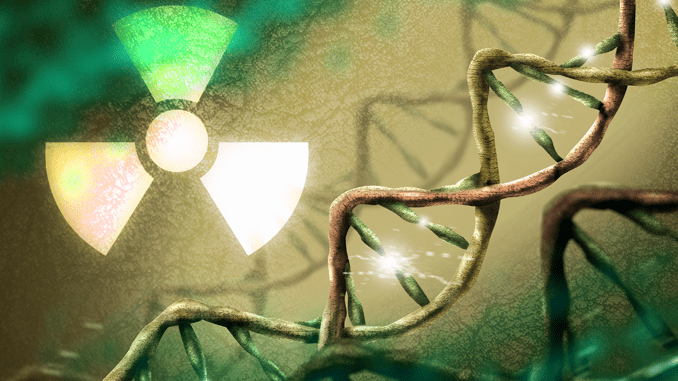 The National Institute of Allergy and Infectious Diseases (NIAID) Radiation/Nuclear Countermeasures Development Program supports extramural research to develop safe and effective medical countermeasures for clinical use under emergency situations.
The National Institute of Allergy and Infectious Diseases (NIAID) Radiation/Nuclear Countermeasures Development Program supports extramural research to develop safe and effective medical countermeasures for clinical use under emergency situations.
NIAID today announced new funding for academic, industry and government laboratory researchers to address gaps in understanding of the pathophysiology of radiation injury in the vasculature, and how this damage contributes to overall mortality following radiation exposure.
Read also: Measuring Radiation Exposure After Nuclear Emergency
This funding will also advance the development of post-exposure treatment approaches targeting the vascular endothelium, with the ultimate goal of licensure of candidate medical countermeasures by the Food and Drug Administration (FDA) for the radiation/nuclear public health emergency indication.
The endothelial cells and the vasculature constitute a tissue central to all organs, and endothelial and vascular dysfunction may play an important role in the pathophysiology of acute radiation syndrome (ARS) and in delayed effects of acute radiation exposure (DEARE). However, understanding of these processes is incomplete and additional research focused on the mechanisms of injury and the development of medical countermeasures to mitigate injuries is necessary.
Specific research areas of interest include:
- Studies of medical countermeasures that are efficacious when administered 24 hours or later after radiation exposure
- Mechanistic studies to determine how radiation affects endothelial cells and alters signal transduction, biomarkers/surrogate markers of injury, progression, and predictors of outcome in in vitro or in vivo models
- Experiments to identify pathways to target for development of medical countermeasures to address ARS or DEARE complications
- Medical countermeasures to address radiation-induced vascular dysfunction such as leakage, coagulopathies, and chronic inflammatory processes resulting in late organ/systemic complications
Applications proposing work in radiation dose ranges or exposure parameters that are not relevant to a radiation accident or attack (e.g. studies using fractionated radiation exposures, studies using very low dose/low dose rate exposures) will not be supported under this effort.
NIAID stated it intends to commit $3.0 million in FY 2017 to fund 4-5 Cooperative Agreement awards for this effort. Further details are available via Funding Opportunity Announcement (FOA) Number: RFA-AI-16-053. Letters of Intent are due October 10, 2016.

